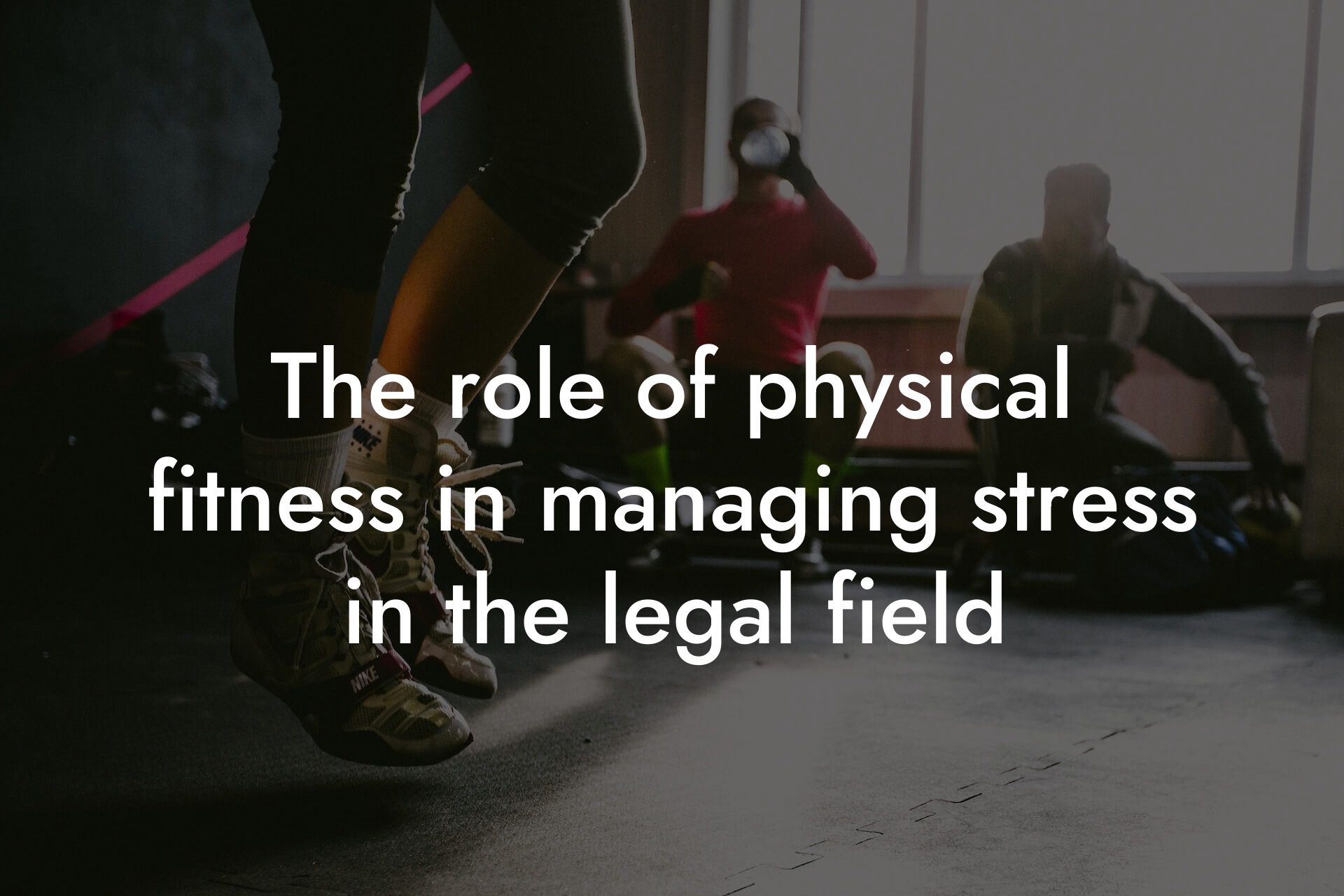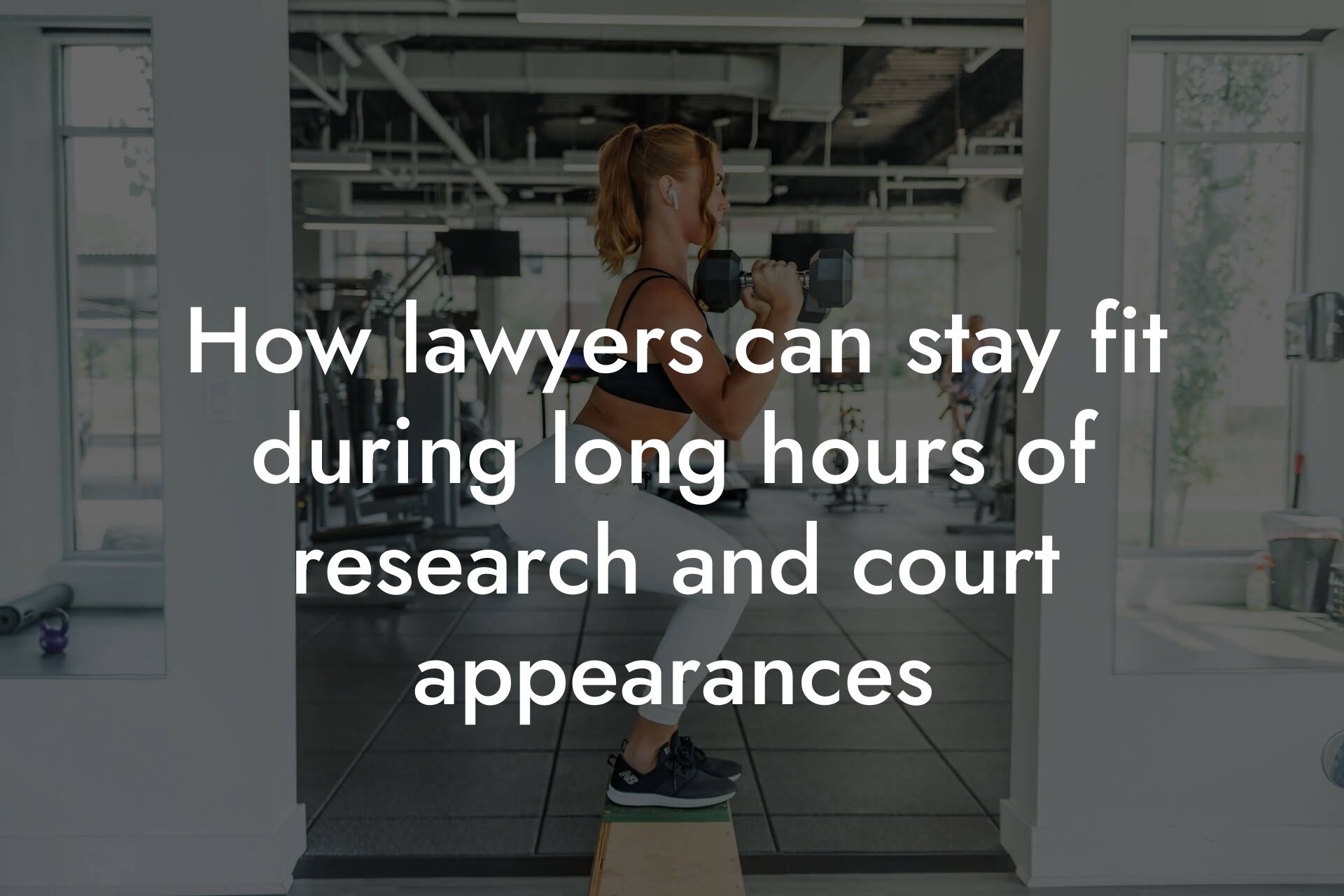As a high-earning legal professional, you understand the importance of maintaining a healthy and fit physique. Your body is your temple, and taking care of it is essential to performing at your best in the courtroom and in life. One of the most effective ways to monitor your progress and make data-driven decisions about your health is through regular DEXA scans. In this article, we'll explore the benefits of incorporating DEXA scans into your health and wellness routine as a legal professional.
Table of Contents
What is a DEXA Scan?
A DEXA (Dual-Energy X-ray Absorptiometry) scan is a non-invasive, pain-free medical test that measures bone density and body composition. It uses X-ray technology to produce detailed images of your body, providing valuable information about your bone health, muscle mass, fat percentage, and other vital metrics. DEXA scans are commonly used to diagnose osteoporosis, but they also offer a wealth of information for individuals looking to optimize their physical performance and overall health.
Why Do Legal Professionals Need DEXA Scans?
As a legal professional, you likely lead a busy and demanding lifestyle. Long hours, high-stress cases, and pressure to perform can take a toll on your body. Regular DEXA scans can help you identify potential health risks and take proactive steps to mitigate them. For example, DEXA scans can detect early signs of osteoporosis, which is a major concern for individuals who spend extended periods sitting or have a family history of the condition. By staying on top of your bone health, you can reduce your risk of fractures and maintain your physical independence.
Benefits of Regular DEXA Scans for Legal Professionals
Regular DEXA scans offer a range of benefits specifically for legal professionals, including:
-
Improved body composition: DEXA scans provide accurate measurements of your body fat percentage, lean muscle mass, and bone density. This information allows you to tailor your diet and exercise routine to achieve your desired physique.
-
Enhanced athletic performance: By monitoring your muscle mass and bone density, you can optimize your training program to improve your strength, power, and endurance.
-
Injury prevention: DEXA scans can identify potential musculoskeletal imbalances and weaknesses, enabling you to take corrective action to prevent injuries and maintain your physical fitness.
-
Early detection of health risks: Regular DEXA scans can detect early signs of osteoporosis, sarcopenia, and other health conditions, allowing you to take proactive steps to mitigate these risks.
-
Personalized nutrition and supplementation: DEXA scans provide valuable insights into your body's nutrient needs, enabling you to create a personalized nutrition and supplementation plan to support your health and fitness goals.
How Often Should Legal Professionals Get DEXA Scans?
The frequency of DEXA scans depends on your individual health goals and needs. As a general guideline, we recommend the following:
-
Initial scan: Get a baseline DEXA scan to establish your current body composition and bone density.
-
Follow-up scans: Schedule follow-up scans every 6-12 months to track your progress, identify areas for improvement, and adjust your health and fitness strategy as needed.
-
As needed: If you're experiencing health concerns or noticing changes in your body, you may want to schedule additional scans to monitor your progress and make data-driven decisions about your health.
What to Expect During a DEXA Scan
DEXA scans are quick, easy, and painless. Here's what you can expect during the process:
-
You'll lie down on a comfortable examination table.
-
The DEXA machine will scan your body, taking X-ray images of your bones and soft tissue.
-
The scan typically takes 10-15 minutes to complete.
-
A trained technician will analyze the images and provide you with a detailed report outlining your body composition, bone density, and other key metrics.
As a legal professional, you understand the importance of staying on top of your game. Regular DEXA scans can help you optimize your physical performance, reduce your risk of health problems, and maintain your competitive edge. By incorporating DEXA scans into your health and wellness routine, you'll be empowered to make data-driven decisions about your body and take your performance to the next level. Contact Tano Performance Group today to schedule your initial DEXA scan and start achieving your health and fitness goals.
Get Started with Tano Performance Group
At Tano Performance Group, we're dedicated to helping high-earning professionals like you achieve their health and fitness goals. Our state-of-the-art DEXA machine provides accurate and reliable measurements, and our team of experts will work with you to create a personalized plan tailored to your unique needs and goals. Contact us today to schedule your initial DEXA scan and take the first step towards optimizing your physical performance.
Frequently Asked Questions
What is a DEXA scan, and how does it work?
A DEXA (Dual-Energy X-ray Absorptiometry) scan is a non-invasive medical test that measures bone density and body composition. It uses low-level X-rays to produce images of the inside of the body, which are then analyzed to provide detailed information about bone density, lean mass, and body fat percentage. The scan is quick, painless, and safe, making it an ideal tool for tracking changes in body composition over time.
Why are DEXA scans important for legal professionals?
Legal professionals, particularly those in high-stress and high-pressure roles, are at risk of developing chronic health conditions such as osteoporosis, obesity, and metabolic syndrome. Regular DEXA scans can help identify these risks early on, allowing legal professionals to take proactive steps to mitigate them and maintain their overall health and well-being.
How often should I get a DEXA scan?
The frequency of DEXA scans depends on individual circumstances, but as a general rule, it's recommended to get a scan every 1-2 years. This allows for tracking of changes in body composition and bone density over time, enabling early intervention and prevention of potential health issues.
What are the benefits of regular DEXA scans for legal professionals?
Regular DEXA scans can benefit legal professionals in several ways, including: early detection of osteoporosis and osteopenia, tracking of body fat percentage and lean mass, identification of muscle imbalances, and monitoring of progress towards fitness goals. Additionally, DEXA scans can help legal professionals optimize their nutrition and exercise plans, leading to improved overall health and well-being.
How does a DEXA scan differ from a traditional weight scale?
A traditional weight scale only measures total body weight, whereas a DEXA scan provides a detailed breakdown of body composition, including bone density, lean mass, and body fat percentage. This information is essential for legal professionals who want to optimize their physique and overall health.
Can DEXA scans help with weight loss?
Yes, DEXA scans can be a valuable tool for weight loss. By tracking changes in body composition, legal professionals can identify areas for improvement and make targeted changes to their diet and exercise plans. This can lead to more effective and sustainable weight loss results.
How long does a DEXA scan take?
A DEXA scan typically takes around 10-15 minutes to complete, making it a quick and convenient addition to a busy legal professional's schedule.
Is a DEXA scan safe?
Yes, DEXA scans are safe and non-invasive. They use low-level X-rays, which are significantly lower than those used in traditional X-rays, making them safe for repeated use.
What is the difference between a DEXA scan and a body fat percentage measurement?
A DEXA scan provides a detailed breakdown of body composition, including bone density, lean mass, and body fat percentage. A body fat percentage measurement, on the other hand, only provides a single data point. DEXA scans offer a more comprehensive understanding of body composition, enabling legal professionals to make more informed decisions about their health and fitness.
Can DEXA scans help with athletic performance?
Yes, DEXA scans can be beneficial for legal professionals who are also athletes. By tracking changes in lean mass and body fat percentage, athletes can optimize their training and nutrition plans, leading to improved performance and reduced risk of injury.
How do I prepare for a DEXA scan?
To prepare for a DEXA scan, it's recommended to avoid eating a heavy meal beforehand and to wear loose, comfortable clothing. Additionally, legal professionals should remove any metal objects, such as jewelry or glasses, and avoid wearing clothing with metal fasteners.
What happens during a DEXA scan?
During a DEXA scan, the legal professional will lie on a flat table, and the scanner will pass over their body, taking X-ray images of the bones and soft tissue. The entire process is painless and non-invasive.
How do I interpret the results of a DEXA scan?
The results of a DEXA scan will provide detailed information about bone density, lean mass, and body fat percentage. A healthcare professional or certified fitness expert can help legal professionals interpret the results and develop a personalized plan to address any areas of concern.
Can DEXA scans help with injury prevention?
Yes, DEXA scans can help with injury prevention by identifying muscle imbalances and areas of weakness. This information can be used to develop targeted exercise programs, reducing the risk of injury and improving overall athletic performance.
How does a DEXA scan differ from a CT or MRI scan?
A DEXA scan is a specialized type of X-ray scan that is specifically designed to measure bone density and body composition. It is less expensive and less invasive than CT or MRI scans, making it a more accessible option for legal professionals.
Can DEXA scans be used to track progress towards fitness goals?
Yes, DEXA scans can be used to track progress towards fitness goals by providing a detailed breakdown of changes in body composition over time. This information can be used to adjust training and nutrition plans, leading to more effective and sustainable results.
How does a DEXA scan benefit my overall health?
A DEXA scan can benefit overall health by providing early detection of potential health risks, such as osteoporosis and obesity. This information can be used to make lifestyle changes, reducing the risk of chronic diseases and improving overall well-being.
Can DEXA scans be used for men as well as women?
Yes, DEXA scans can be used for men as well as women. While osteoporosis is more common in women, men are also at risk, particularly as they age. DEXA scans can provide valuable information for men looking to optimize their health and fitness.
How do I find a qualified provider for a DEXA scan?
To find a qualified provider for a DEXA scan, legal professionals can ask their healthcare provider for a referral or search online for certified DEXA scan providers in their area.
Is a DEXA scan covered by insurance?
Insurance coverage for DEXA scans varies depending on the provider and the individual's policy. Legal professionals should check with their insurance provider to determine if DEXA scans are covered under their plan.
Can DEXA scans be used for children and adolescents?
Yes, DEXA scans can be used for children and adolescents, particularly those who are at risk of developing osteoporosis or other bone-related disorders. However, it's essential to consult with a pediatrician or qualified healthcare professional before undergoing a DEXA scan.
How does a DEXA scan benefit my bone health?
A DEXA scan can benefit bone health by providing early detection of osteoporosis and osteopenia, allowing legal professionals to take proactive steps to prevent bone loss and reduce the risk of fractures.
Can DEXA scans be used to monitor the effectiveness of hormone replacement therapy?
Yes, DEXA scans can be used to monitor the effectiveness of hormone replacement therapy (HRT) by tracking changes in bone density and body composition. This information can be used to adjust HRT plans, leading to more effective treatment outcomes.
Here are some related articles you might love...
- The role of physical fitness in managing stress in the legal field
- How lawyers can stay fit during long hours of research and court appearances
- Strategies for staying active during long depositions
- How physical health can improve client interactions
- Nutrition tips for lawyers during trial season
- The impact of body composition on cognitive function in law
- Maintaining fitness during intense case work
- The importance of physical activity in preventing burnout in law
- Quick exercise routines for legal professionals with busy schedules
Zak Faulkner
Zak Faulkner is a leading authority in the realm of physical health and body composition analysis, with over 15 years of experience helping professionals optimise their fitness and well-being. As one the experts behind Tano Performance Group, Zak has dedicated his career to providing in-depth, science-backed insights that empower clients to elevate their physical performance and overall health.
With extensive knowledge of DEXA technology, Zak specializes in delivering comprehensive body assessments that offer precise data on body fat, muscle mass, bone density, and overall physique. His expertise enables individuals to make informed decisions and achieve their fitness goals with accuracy and confidence. Zak’s approach is rooted in a deep understanding of human physiology, combined with a passion for helping clients unlock their full potential through personalised strategies.
Over the years, Zak has earned a reputation for his commitment to excellence, precision, and client-focused service. His guidance is trusted by top professionals who demand the best when it comes to their health. Whether advising on fitness programs, nutritional strategies, or long-term wellness plans, Zak Faulkner’s insights are a valuable resource for anyone serious about taking their health and fitness to the next level.
At Tano Performance Group, Zak continues to lead our Content Team revolutionising how professionals approach their physical health, offering unparalleled expertise that drives real results.




